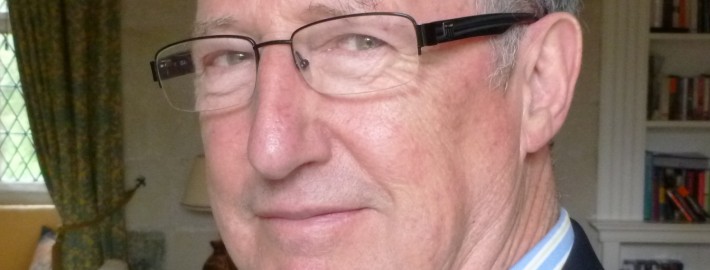Radio’s resurrection
Thirty or even twenty years ago it required a sort of blind faith to believe that serious radio had a future.
The majority of consultants beavering away for the BBC, and those who wished to dismantle the Corporation, agreed that the future was a blizzard of television channels. Speech radio would be increasingly irrelevant, the preserve of a small, ageing, elite.
How wrong they were.
Just look at the latest Rajar figures, those for the final quarter of 2013: more people than ever in the UK are listening to radio; Radio 4’s average weekly audience rose 3.1% quarter on quarter, aided by record listening figures for the World at One, You and Yours and PM; the Today programme increased its audience by almost 5%; the network’s weekly reach is now 11.2 million.
(By the way the two digital stations, BBC Radio 6 Music and the Asian Network, which the BBC tried to close only a few years ago, also enjoyed a bumper final quarter last year.)
Has Radio 4 achieved these figures from ‘dumbing down’? I would argue the opposite. The Controller has increased the number of challenging science programmes for example, and, interestingly, it has not been at the expense of religious and ethical programmes.
The Sunday Programme, the Moral Maze and Beyond Belief are still prominent in the schedule and there are frequent high quality documentary series. The Daily Service and Thought For The Day remain just that, daily. And I presented Sunday until a couple of years ago and used to delight in telling friends that it had a larger audience than BBC Two’s Newsnight… it still does.
These figures suggest a number of things to me:
- That religion is once again central to world and British politics.
- That knowledge of Christianity in particular is central to understanding our culture and that of the West in general.
- That immigrant communities cannot be fully understood without an understanding of the faiths they practice.
- That there is a growing recognition that science and religion are not incompatible.
I would like to make a couple of larger claims.
Religion is still relevant because many of us have a spiritual awareness which is not a matter of belief but of experience, and because religion attempts to provide answers to the most important questions. Why are we here? How should we live? How can we find purpose and meaning? What is right and wrong?
Those questions will always be central, and the programmes which explore them will always be of interest.
Radio is especially suited to the coverage of faith because it is so personal, inside our head, often when we are alone. Listeners provide their own pictures and are not distracted by the visual imaginations of others and the restlessness of the TV director.
And radio can also do silence.
Perhaps there is one more reason for the persistence, perhaps even the renaissance of religious radio… We may be growing a little less arrogant. As billions of galaxies with billions of stars are discovered, as neuroscience reveals how far off we are from knowing what consciousness is, a little modesty is in order. We know so much – and so little.
This is not an argument for being credulous but for being prepared to listen to the wisdom of those who have gone before, and having a more open mind to faith, as we try to work out how we should live. We should keep our ears, and minds, open.
Refreshingly, radio is doing just that.





Saved like a favourite, fantastic internet site!